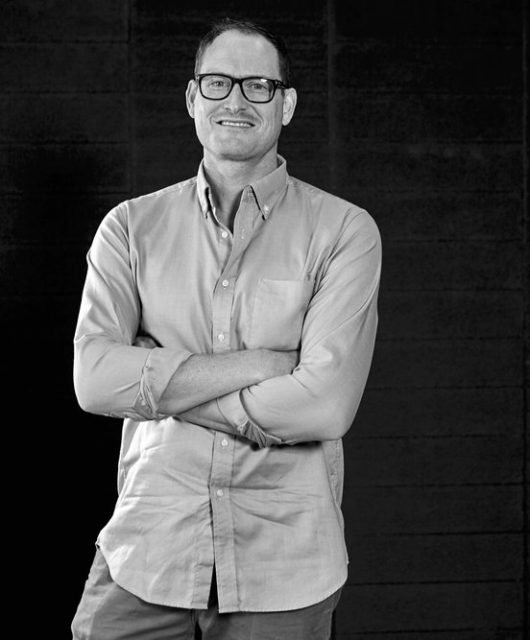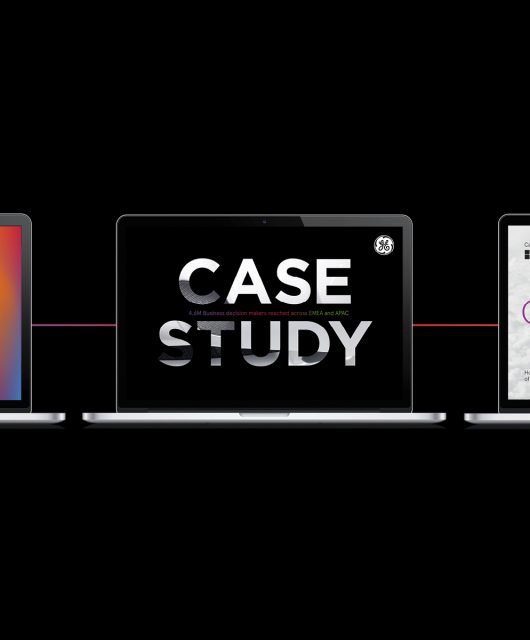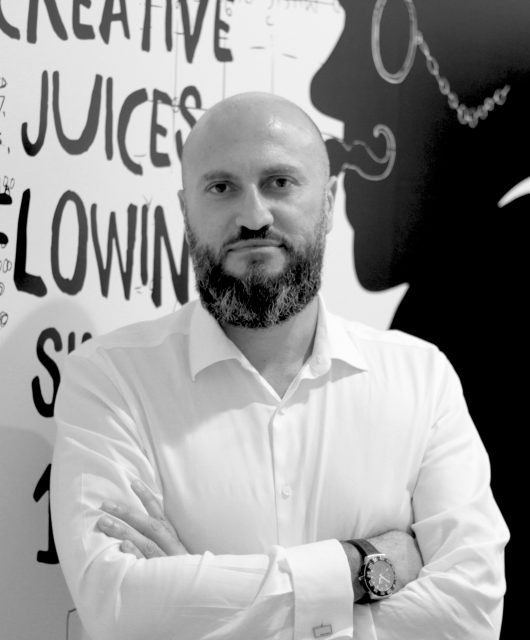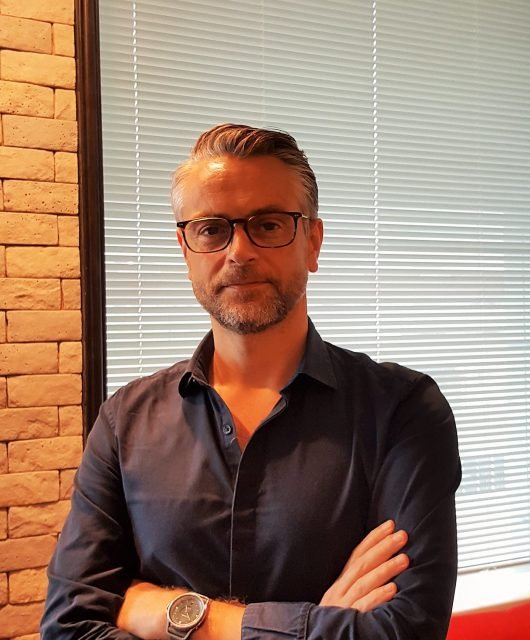Branding For The Niche: Q&A With Lunar Jetman’s Amr Fawzy
Niche is a business model that runs contrary to mass market brands in any sector. Branding for the niche has its own laws, secret sauces and principles to maintain its uniqueness. For the first time ever, The Brandberries has exclusively interviewed Amr Fawzy, Managing and Creative Director of Lunar Jetman, for his thought-provoking insights on niche brands, music and perfumes.
BB: From Lunar Jetman’s thinking manual, what defines a niche brand?
 AF: Think of music, any genre, there are commercial artists or bands, and underground ones. The main difference between both groups is that commercial acts aim to appeal to a wider spectrum of the audience, while underground acts are not intended to do the same, giving them more freedom of experimentation in more unorthodox musical styles, appealing only to those who seek this type of music.
AF: Think of music, any genre, there are commercial artists or bands, and underground ones. The main difference between both groups is that commercial acts aim to appeal to a wider spectrum of the audience, while underground acts are not intended to do the same, giving them more freedom of experimentation in more unorthodox musical styles, appealing only to those who seek this type of music.
Underground is another term for niche.
BB: Running one of the top branding agencies of choice for niche brands, Lunar Jetman has secured for itself a very distinctive edge in local and regional markets. Can you shed some lights on the difference between luxury branding and niche branding?
AF: Luxury is a generally higher-end offering, yet still with mass appeal in mind. Niche on the other hand, is even more high-end, pricier, but intended for a more select target audience.
Luxury makes more money than niche, but niche gets more loyalty.
BB: Having worked with clients locally, regionally and globally, how do you see the niche brand landscape in the Middle East?
AF: I see a lot of people bored of the clutter, the scarcity of quality, wanting something different, something to really associate with. Because of this, I think the land is fertile, however, let’s get our normal products out in great shapes first. Then, and only then, can we play the niche game.
BB: Can you give us some insights on what are the main pillars of crafting a strong niche brand experience?
AF: The passion behind it. From the creators to the workers. Niche brands are passion driven, they aren’t money making machines. This is very important to consider because you can’t be seeking only financial gains when working the niche business.
People are very sensitive when it comes to niche brands, and the moment they feel that a given niche brand has sold its soul to the devil, they lose interest. Niche brands die in commercial environments.
The last thing is the team behind crafting such brand identities, you just can’t bring in anyone to work the design of a niche brand identity only because they are talented. People involved in crafting such brands have to have the taste buds for it. They need to reverse engineer the formula of which they feel when exposed to a niche brand that they love.
You just can’t give a designer the task of creating a niche fragrance house’s brand identity when the guy thinks AXE smells amazing.
BB: Growth is a blessing for all brands, however, for the niche, it raises a controversy. Niche brands usually strive on exclusivity, hence, creating problems with their mass market appeal. Please comment.
AF: Nobody wants a niche brand when its common knowledge. Niche buyers think of niche brands as an extension of their personalities and tastes. It belongs to them. They are extremely picky yet they are loyalists, if you win them and don’t let them down, they are yours forever.
On the flip side, niche retails always at a premium, so something gives and something takes.
BB: Niche brands rely on loyalty and customers wanting to belong to the “Tribe”. How can this emotional connection be fostered?
AF: I don’t think a niche brand should worry about fostering emotional connection. This will come automatically if the brand succeeded in formulating its product with appropriate passion and know-how. You see, the beauty of niche is that you do it for yourself, not for others. But when it pays back, you get die-hard fans—unlike in commercial brands, you only get fans.
Niche is a long-term investment, it takes time and patience, but if done right, pays back generously.
BB: When crafting a niche brand, does the cultural context matter?
AF: I don’t think so, or maybe. I don’t know. But niche buyers are passion driven, and passion isn’t a function in place.
Maybe a little.
BB: Local and Regional Niche brands have usually opted for going to the global branding agencies to secure the best level of strategic insight and creativity, now they come to Lunar Jetman. How were you able to secure such trust?
AF: Maybe it is the way we think or our style or just pure luck. I don’t know. But what I can tell you for certain is that we only like to work on brands that we believe our work could benefit, and we work hard, very hard.
Lunar Jetman isn’t an agency where you’d find people singing or playing video games—as with the typical scenario of a “creative environment”—but you’ll find them researching and engaging in intellectual conversations.
We do have a weird taste in music though.





